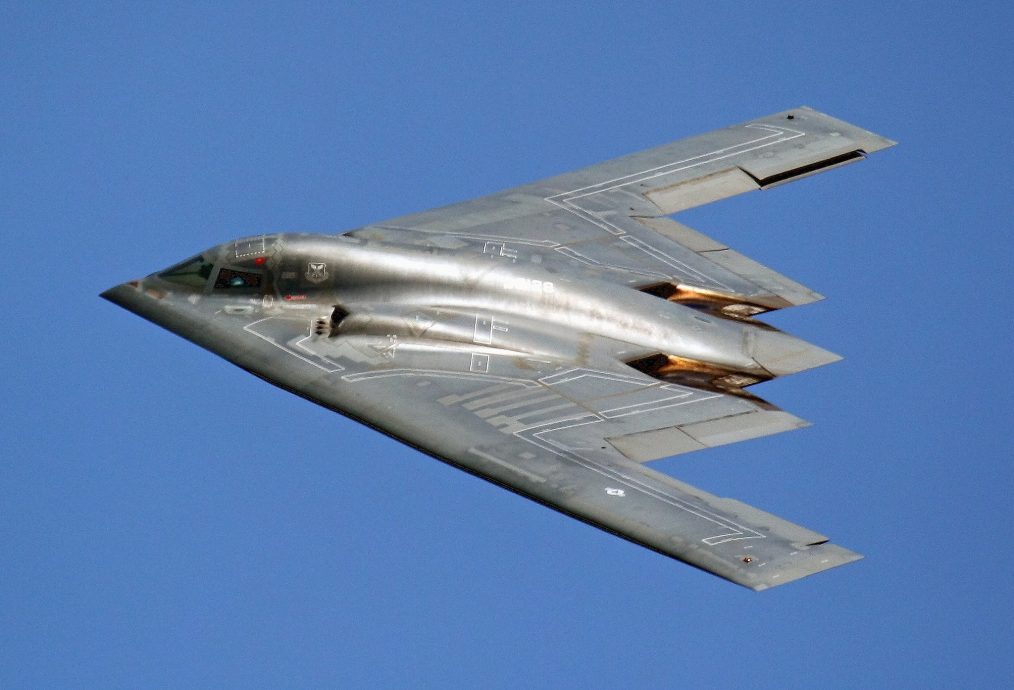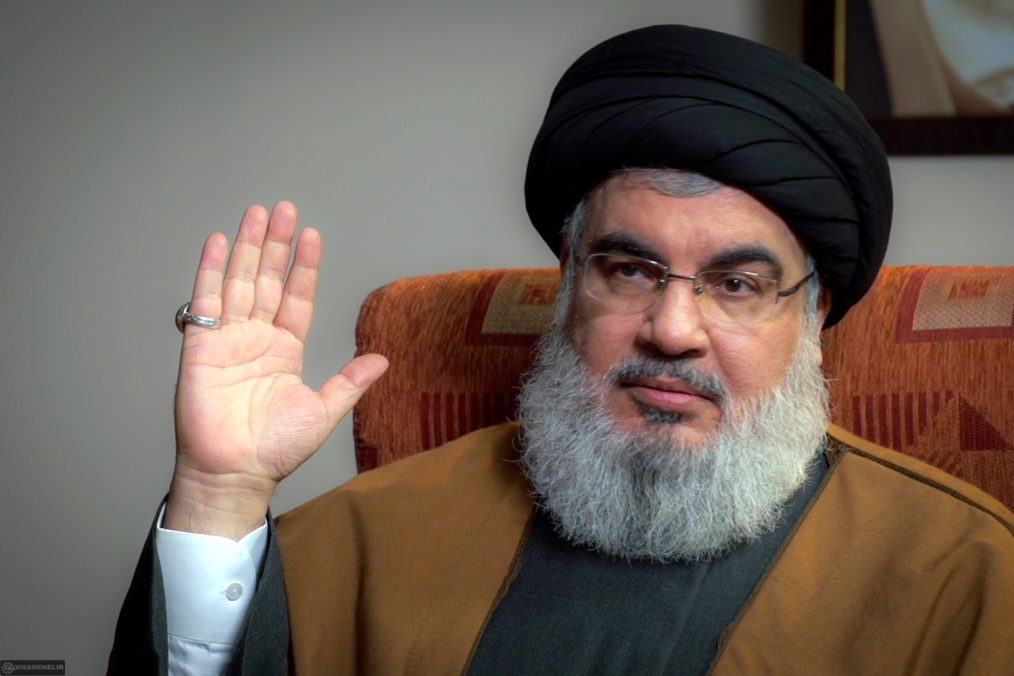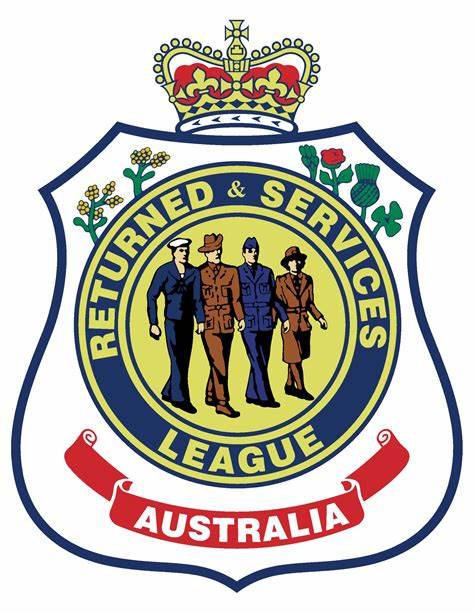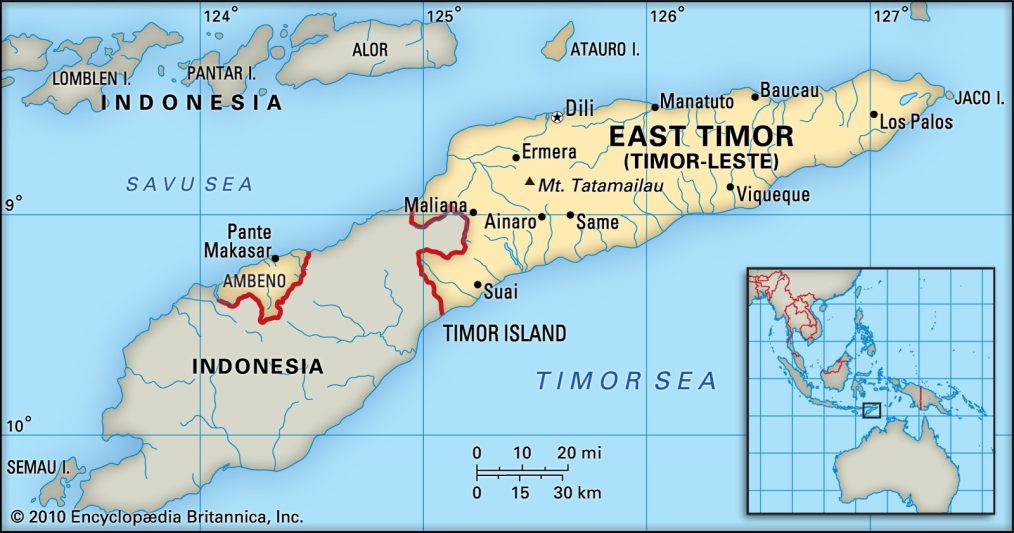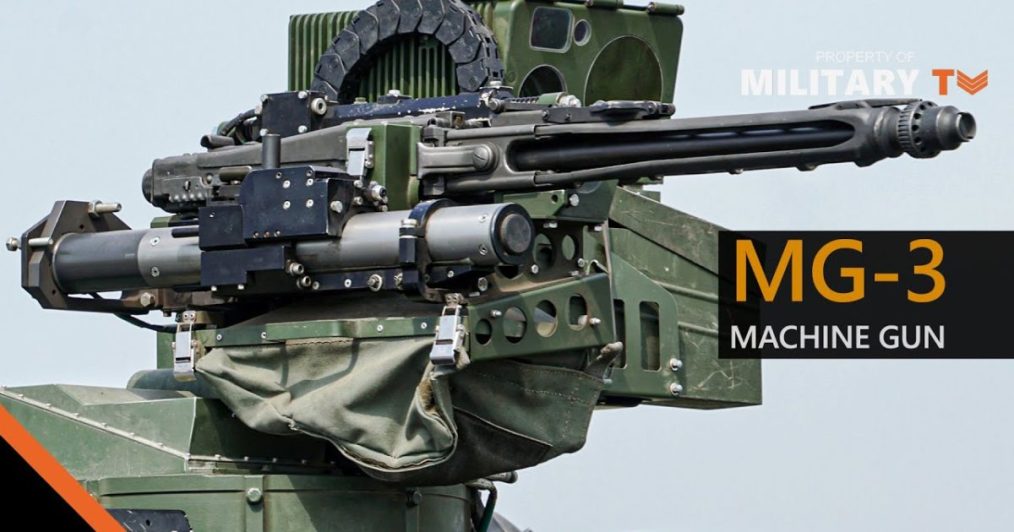Media Release
B-2 Spirit stealth bombers, part of the U.S. Air Force’s 110th Expeditionary Bomb Squadron, have successfully concluded their mission under the Bomber Task Force (BTF) initiative at RAAF Base Amberley. This deployment, conducted throughout August and September, was part of the Enhanced Air Cooperation Program aimed at strengthening U.S.-Australian military ties and supporting a free and open Indo-Pacific.
During the deployment, the B-2 bombers integrated with Royal Australian Air Force (RAAF) air assets to enhance interoperability and demonstrate the collective readiness of allied forces. The stealth characteristics of the B-2 enable it to penetrate advanced air defences and operate over vast distances. Its unfuelled range of 9,600 kilometres is extended globally through air-to-air refuelling.
Key missions involved collaboration with RAAF aircraft, including F/A-18F Super Hornets, F-35A Lightning IIs, KC-30A Tankers, and E-7A Wedgetails. Training operations spanned Australia and the broader Indo-Pacific, featuring agile refuelling operations such as “hot pitting” on Diego Garcia.
Group Captain Paul Jarvis, Officer Commanding No. 82 Wing, underscored the importance of these exercises in refining tactics and enhancing cooperation. “This training is essential for ironing out details in peacetime and ensuring operational readiness,” he said.
Lieutenant Colonel Justin Meyer of the 110th Expeditionary Bomb Squadron praised the strong ties between the U.S. and Australia. “Our mission demonstrated the strength and interoperability of our forces,” he said, expressing gratitude for the hospitality provided by the RAAF and local community.
Support for the deployment was provided by RAAF’s No. 23 Squadron, with Wing Commander Tanya Evans emphasizing the vital role of base services in ensuring mission success.

